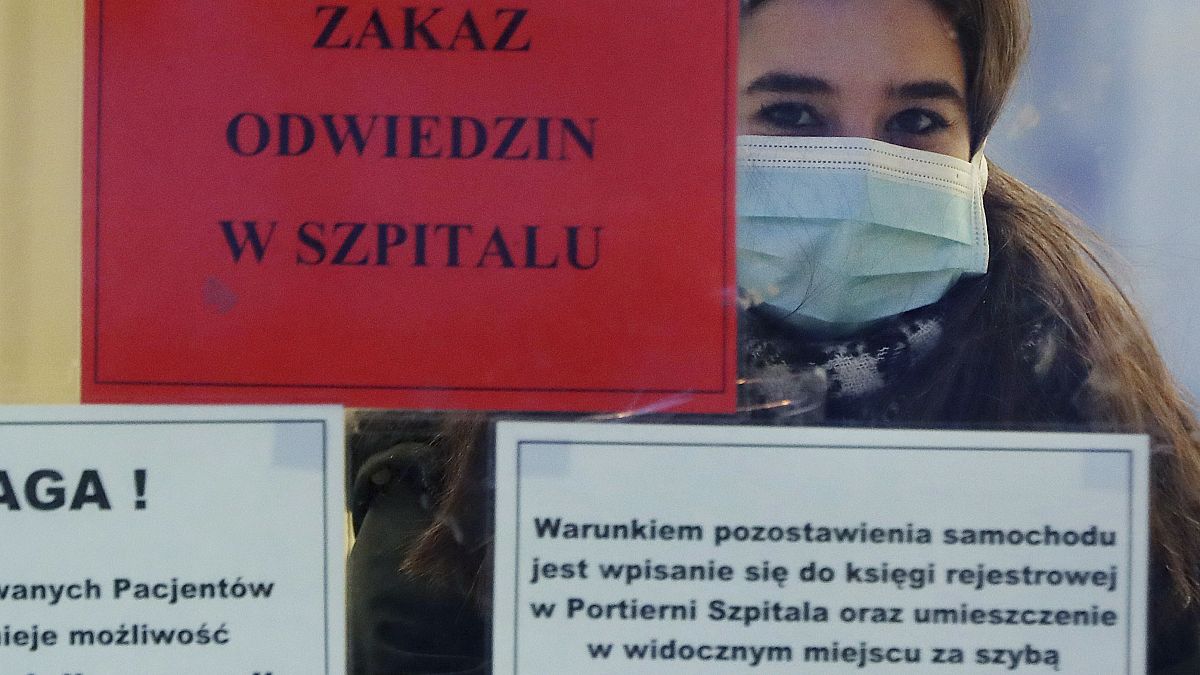There are nearly two million migrant workers in Poland. Most have lost jobs during the pandemic and some are frantically trying to find a way home.
Poland is home to nearly two million migrant workers. Most come from neighbouring countries like Ukraine and Belarus, and some come from faraway places like Bangladesh.
Before the COVID-19 pandemic, the unemployment rate was at a historic low of 2.9 per cent. The economy in the country has been growing, but thousands of Poles have already left in search of employment elsewhere in Europe.
That picture is now changing — like nearly everywhere else in Europe, Poland has been on lockdown since mid-March, when the government closed all but essential businesses. And it's migrant workers, more likely to be in the services industry, who are being hit hardest.
More than a million Ukrainians work in Poland, and 27-year-old Iryna is one of them. She used to work in a restaurant in Warsaw, but her employer has sent all the foreign workers home and closed his business.
"I woke up in the morning, I went to work, and I didn't think that already in the evening it would be closed, and [the next day] I would not go to work, and I don't know when I will go to work, and I am not the only one," she said.
Hassan, a worker from Bangladesh who also lost his job, says he estimates around 75 per cent of migrant workers have lost their jobs.
"They are working in restaurants, in public places in a sense," he said.
Like millions of others worldwide, sudden unemployment has left them with a host of very immediate problems.
Svietlana is also from Ukraine and can no longer afford her rent.
"This month, I can pay for the apartment because I received the salary for March, but April? I will not be able to pay," she said. "All our plans simply in one second collapsed, plans of my husband, mine, and [my] kids."
Svietlana has decided to go back to Ukraine, but she is still trying to figure out how to arrange her trip home.
At least for her, going home is still an option. The Polish-Ukrainian border is about a four-hour drive from Warsaw.
For Georgian citizens who work in Poland, there is no such choice. The Polish government has banned flights to Georgia.
And for some Georgians, losing work also means losing their home — their employers are often the ones who provide their accommodations. Now, some can't even afford food.
A group of Georgian workers spent nights sleeping at the Chopin Airport in Warsaw, initially promised flights home but which were then left grounded. They were then asked to leave the airport, and went to the Georgian embassy for assistance. They filled out forms to receive temporary hostel housing, paid for by the embassy, but it's not clear how long it will last.
Poland is the eastern border of the European Union. There have been long lineups at the border crossings that remain open to Ukraine, as people queue to return home.
"They are coming from all over Poland, from the Czech Republic, they're driving from Slovakia, and at the border, I think everyday there is a terrible situation," said Svietlana.
Many of the migrants are desperate to return home to their families. Whether they get there, or whether they ever return to Poland to work again depends on both the virus and the Polish government.
